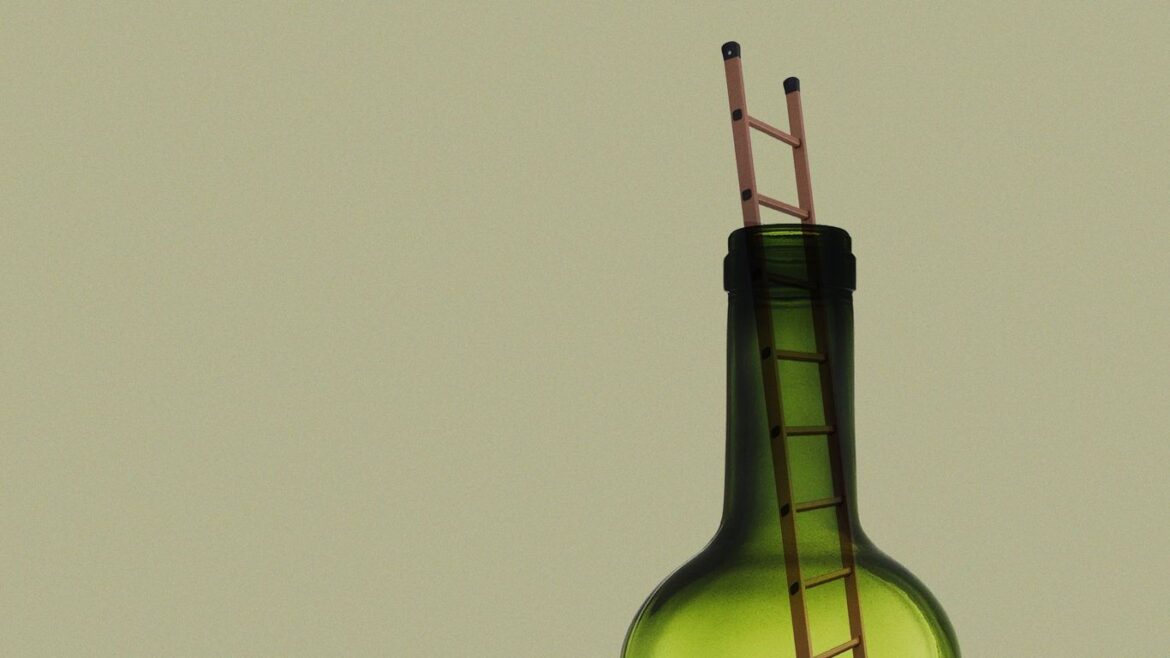 Data: American Association of Wine Economists. Map: Axios Visuals
Data: American Association of Wine Economists. Map: Axios Visuals
U.S. wine importers spent $6.8 billion to bring wine into the country in 2024, 80% of which went to producers in the European Union, per the American Association of Wine Economists.
Why it matters: If tariffs were to bring that number to near zero, there would be devastating consequences down the chain, not only for the importers, but also for distributors, retailers, and anywhere that sells meaningful quantities of imported wine.
What they’re saying: “It’s a financial death sentence,” according to wine importer Lyle Fass, who explains that millions of dollars’ worth of wine is already paid for, and on ships headed for the U.S., and that if those imports are suddenly hit with 200% tariffs on arrival, most importers simply won’t have the money to pay what they owe.
“This is obliteration,” Fass says of that scenario.
Zoom out: If President Trump were to follow through on his threat of imposing 200% tariffs on E.U. wine imports, those tariffs would generate almost no revenue, since no one can raise their prices that much.
By the same token, wine importers would see their revenue fall to near zero, because after stripping out European imports they would have almost nothing to sell.While most of those importers are in California, New York and New Jersey, there are also plenty in Florida and Texas.
Flashback: Much smaller 25% tariffs imposed in 2019 resulted in French wine imports falling by 54% and German imports by 42%.
The big picture: The threat of these tariffs are almost certainly part of what a White House official has characterized to Axios as “the art of the deal” — a negotiating position rather than an attempt to kill a whole industry.
French politicians are already suggesting walking back the proposed tariff on U.S. whiskey, which triggered Trump’s initial response.
The bottom line: 200% tariffs probably won’t ever get imposed.
If they do, however, they would be so large that the wine industry would probably opt to wait them out rather than pay them, only to look foolish when they’re lifted a day or week or month later.

